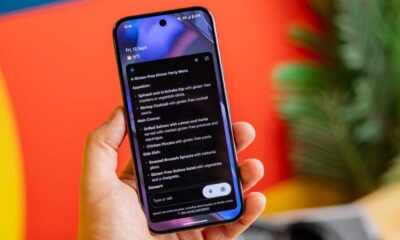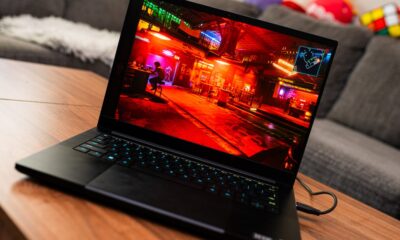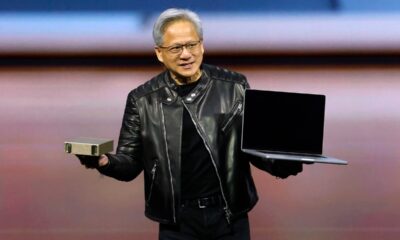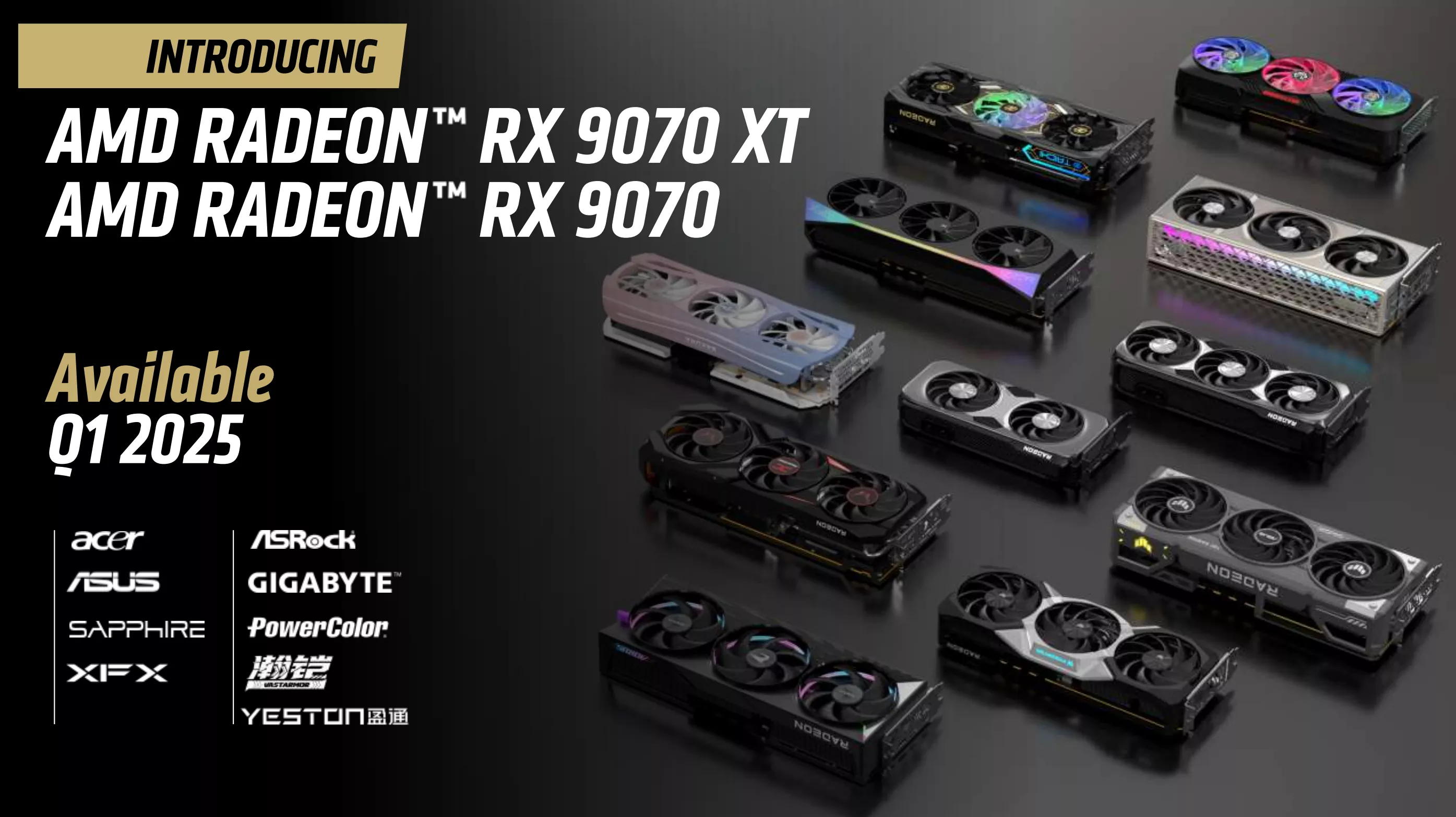Tech News
Nvidia’s H20 AI chips may be spared from export controls — for now
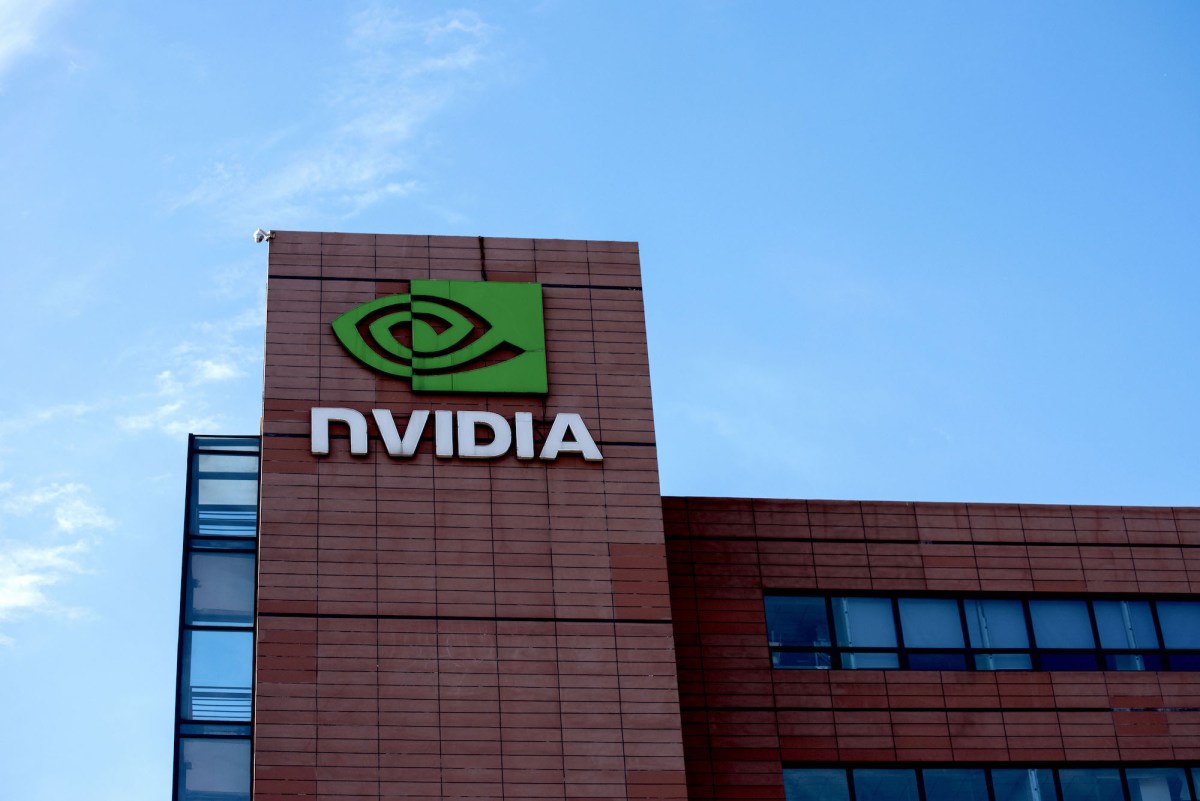
Nvidia CEO Jensen Huang has reportedly reached an agreement with the Trump administration to prevent export restrictions on the company’s H20 AI chips.
The H20, Nvidia’s most advanced AI chip that can still be exported from the U.S. to China, was saved due to a commitment from Huang to invest in new AI data centers in the U.S. This proposal was made during a dinner at Trump’s Mar-a-Lago resort, as reported by NPR.
Nvidia has chosen not to provide a comment on this matter.
Concerns within the semiconductor industry arose as H20 chips, although less powerful than other Nvidia chips, were being used by China-based DeepSeek for training its R1 open AI model. The potential for restrictions on H20 chips was supported by senators from both parties, as well as the Trump administration before its change of stance.
Allowing Nvidia to continue exporting H20 chips to China contradicts the administration’s goal of maintaining U.S. dominance in AI. This decision is further complicated by the administration’s retention of AI chip export rules implemented by former President Joe Biden, which restrict chip exports to various countries.
Nvidia has criticized these guidelines as being detrimental to global innovation.
In line with Trump’s “America-first” approach to AI, many AI companies have made efforts to align with the administration’s priorities. For instance, OpenAI collaborated with SoftBank and Oracle on the Stargate Project, a $500 billion U.S. data center initiative. Microsoft also pledged significant investments in AI data centers, with a substantial portion allocated to the U.S.
Reports suggest that Trump has used strong-arm tactics with partners like TSMC, warning of steep taxes unless new chip factories are built in the U.S.
-

 Destination9 months ago
Destination9 months agoSingapore Airlines CEO set to join board of Air India, BA News, BA
-

 Breaking News10 months ago
Breaking News10 months agoCroatia to reintroduce compulsory military draft as regional tensions soar
-

 Gadgets4 months ago
Gadgets4 months agoSupernatural Season 16 Revival News, Cast, Plot and Release Date
-

 Tech News1 year ago
Tech News1 year agoBangladeshi police agents accused of selling citizens’ personal information on Telegram
-

 Productivity12 months ago
Productivity12 months agoHow Your Contact Center Can Become A Customer Engagement Center
-

 Gadgets1 month ago
Gadgets1 month agoFallout Season 2 Potential Release Date, Cast, Plot and News
-

 Breaking News10 months ago
Breaking News10 months agoBangladesh crisis: Refaat Ahmed sworn in as Bangladesh’s new chief justice
-

 Toys1 year ago
Toys1 year ago15 of the Best Trike & Tricycles Mums Recommend

